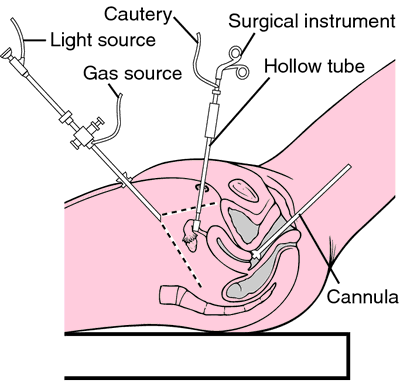How important is a healthy sex life? It has been widely publicized that women generally know more about erectile dysfunction than they do about hypoactive sexual desire disorder (HSDD), or low libido. While it is hard to pinpoint the cause, and the diagnosis is something you have to discuss with your doctor, it can be highly treatable with therapy, medicine, and lifestyle changes.
Realizing you may have problems with intimacy can be very frustrating. Low sex drive can make you feel depressed. Your lack of interest in sex could be attributed to a number of things including physical conditions, medications you are taking, hormone fluctuations, alcohol and drug use, fatigue, and surgery, etc. Television’s Lisa Rinna recently spoke with EmpowHER about sexual health and her own struggles with low libido following separate bouts of post-partum depression (link below).
Many believe that sexuality is integral to your overall well-being, so it’s important to take care of any difficulties you may be having. You definitely should talk with your doctor about any concerns related to your sexual health. Here are some questions to ask:
- What may be causing my sexual difficulties? You may already have a pretty good idea, or the doctor may be able to shed some light on what could be going on by asking questions. There is no magic number that dictates how much sexual activity is normal; it is a matter of personal preference and perception. So regardless if you are intimate with your partner several times in a week, or just once in a while, if you or your partner are not comfortable with the level of activity you are experiencing, there may be a problem with either one of you and could warrant a talk with the doctor.
- Do I need any medical tests? Your doctor may perform a pelvic exam to make sure there isn’t a physical reason for your difficulties, such as thinning of your genital tissue, vaginal dryness, or pain-triggering spots. Your doctor may also want to test your thyroid. A counselor or therapist may be able to help get to the bottom of underlying psychological barriers to your relationship and intimacy.
- What treatment approach do you recommend? Your doctor can help you find the solution that’s right for you, possibly including hormone therapy, counseling/sex therapy, and working toward developing a stronger bond with your partner for increasing sexual intimacy. It's always a good idea to exercise, practice stress-reducing tactics and trying to find ways toward more happiness to your life can make you more prone to be ready for intimacy. And don’t forget—Kegel, Kegel, Kegel—exercise those pelvic floor muscles, not only for increasing sexual satisfaction, but helping retain their resiliency.
- If you're prescribing medication, are there any possible side effects? Some anti-depressants and other medications could have sexual side effects. Talk with your doctor if you suspect something may be affecting your libido.
- How much improvement can I reasonably expect with treatment? Chances are, your treatment will be a process and will not change overnight. You should give it time, and do all you can at home to help things along so you can reach your goals.
- Are there any lifestyle changes or self-care steps that may help? Doctors recommend limiting alcohol use and quitting smoking, both of which can result in low libido—while one drink may make you amorous, several or regular drinking may make it hard for you to become aroused. It also is important to follow a healthy lifestyle of eating well and exercising regularly.
- Do you recommend therapy? Counseling can also help you to work through any psychological difficulties you may be having both sexually and otherwise.
- Should my partner be involved in treatment? It may be a good idea to include your spouse in your treatment where applicable—your recovery is important to him/her, too. And work with him/her toward finding other ways, at least for the time being to help increase your bond, which should work to help your sexual intimacy later on.
- Are there any brochures or other printed material that I can take home with me? What websites do you recommend visiting? Your doctors can recommend their favorite websites for educating yourself, gaining support, and learning about any alternative treatment options.
This information is not meant to be a replacement for talking with your doctor; talk with your doctor to get the right treatment that works for you.
Resources:
www.mayoclinic.com Low sex Drive in women
https://www.empowher.com/sexual-well-being/content/lisa-rinna-shares-val...
Do you have a question about low libido and HSDD? Check out EmpowHER’s sexual well-being page. Sign-up, post a question, share your story, connect with other women in our community and feel EmpowHERed!
Christine Jeffries is a writer/editor for work and at heart, and lives in a home of testosterone with her husband and two sons. Christine is interested in women’s health and promoting strong women.

